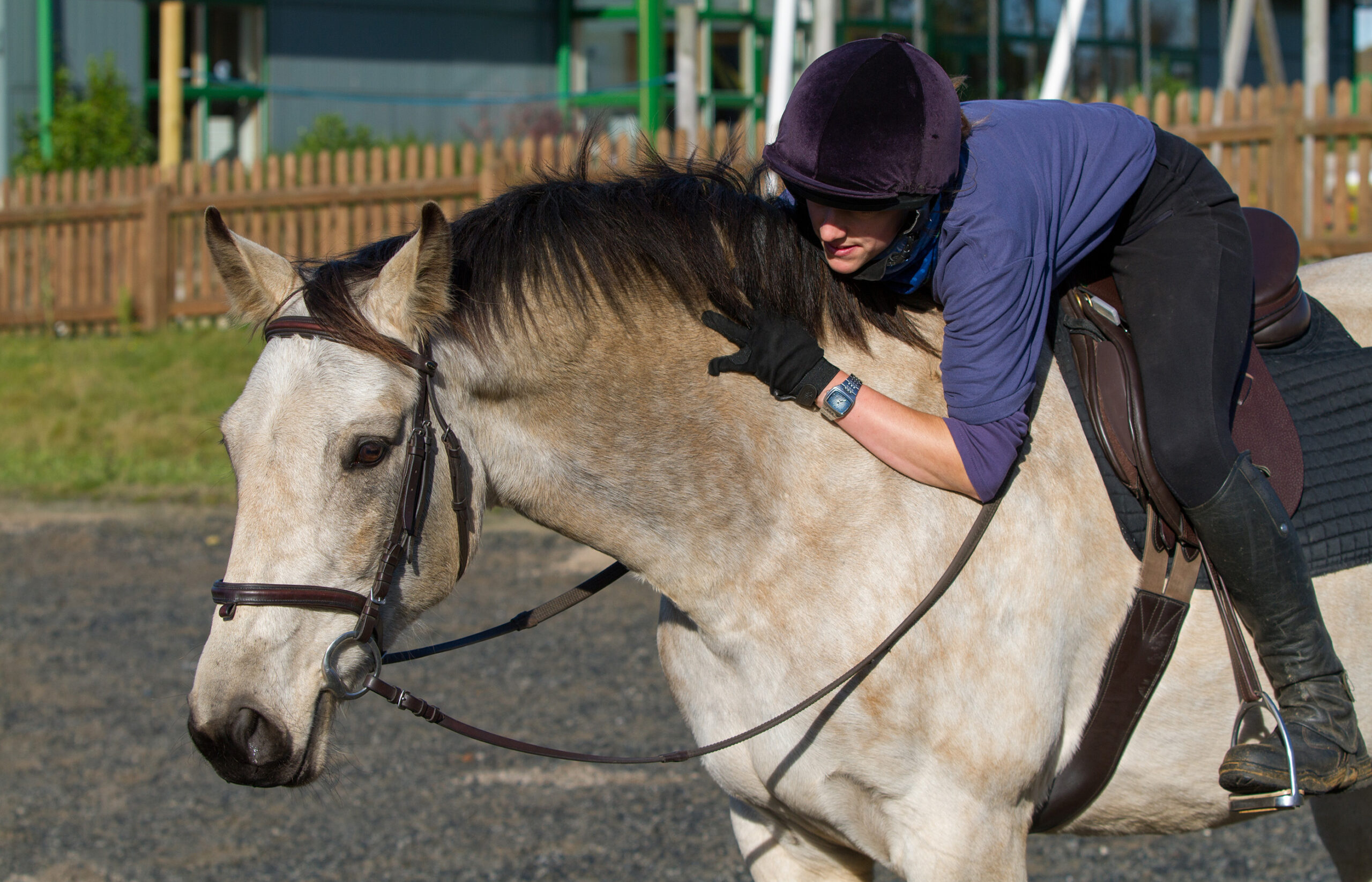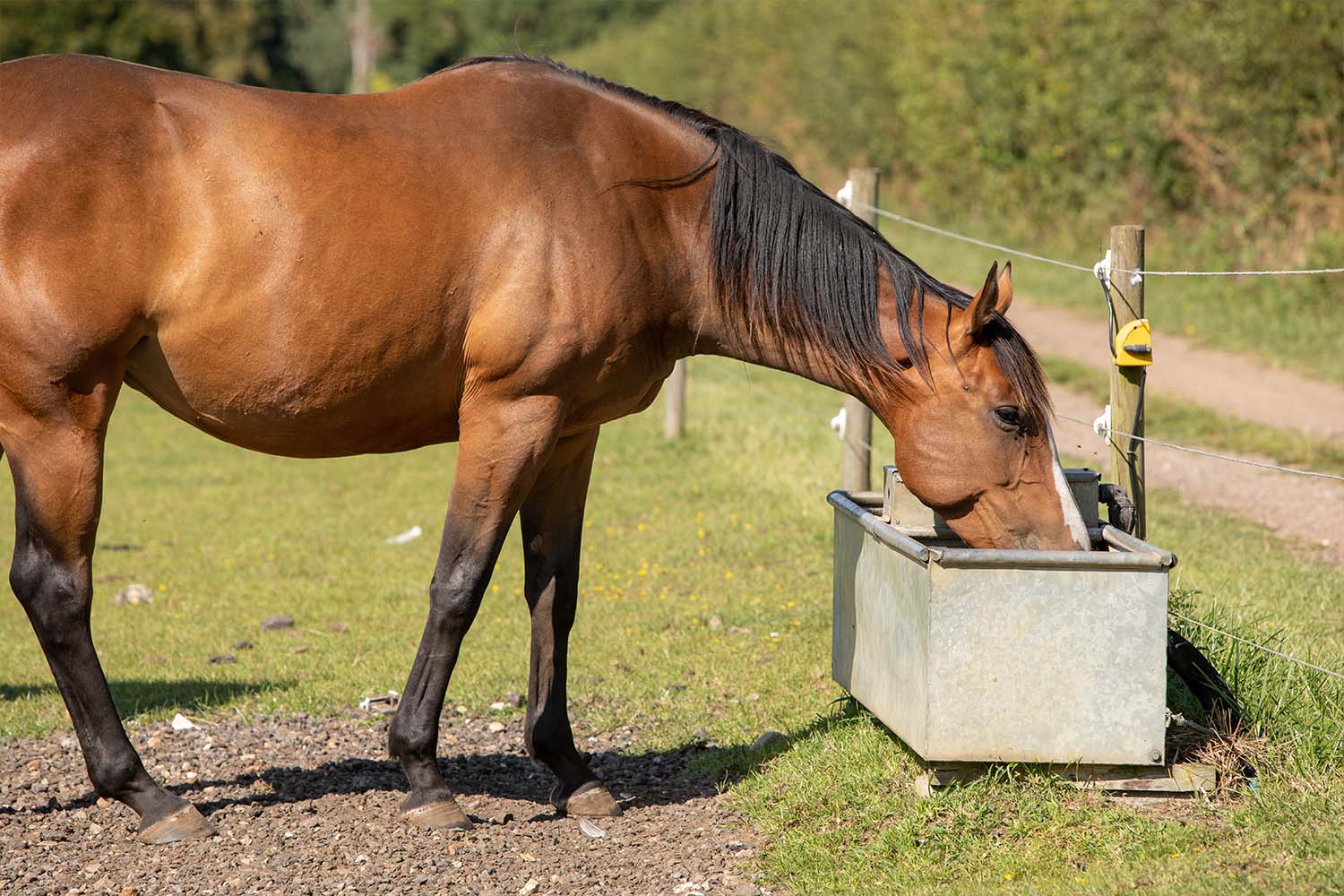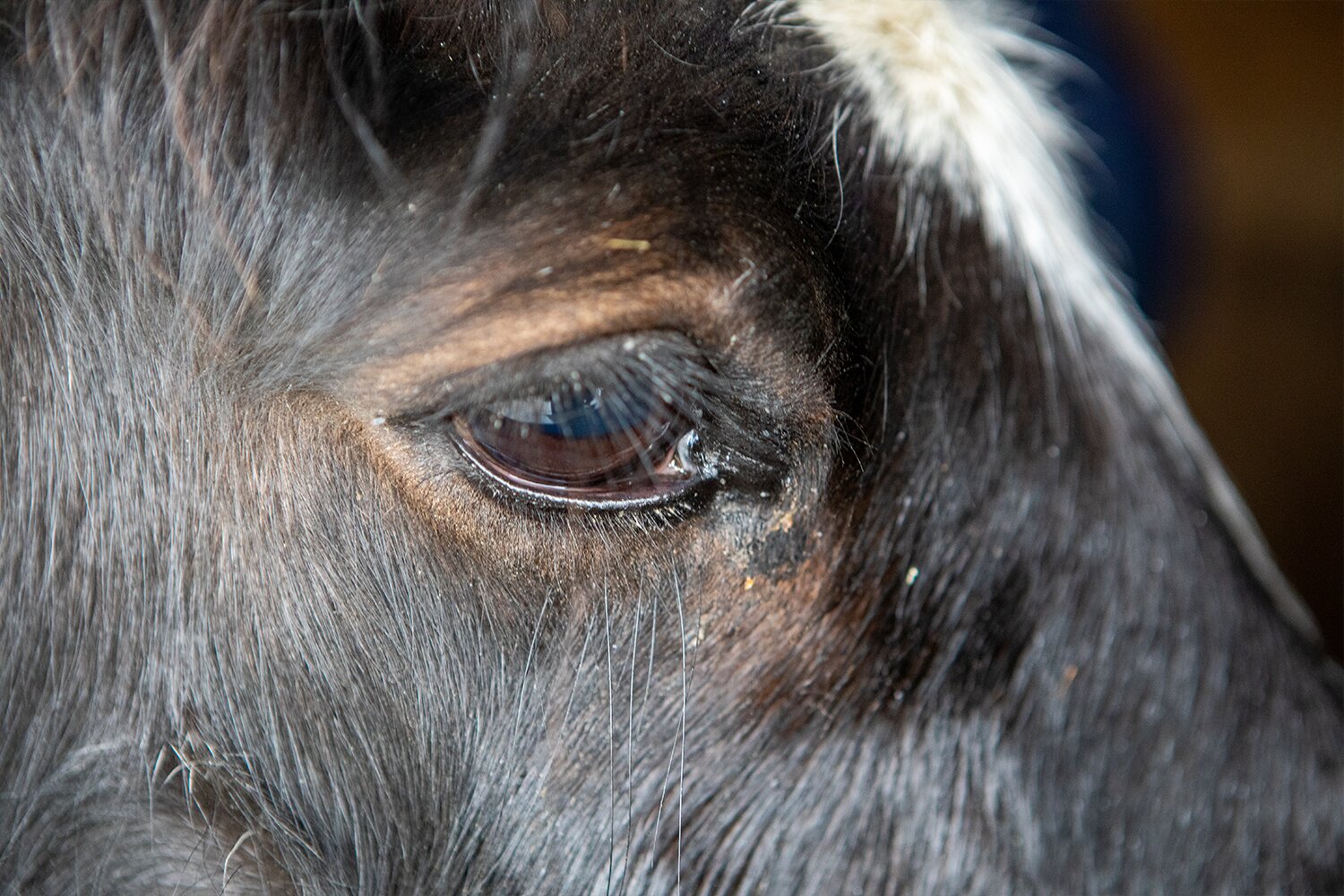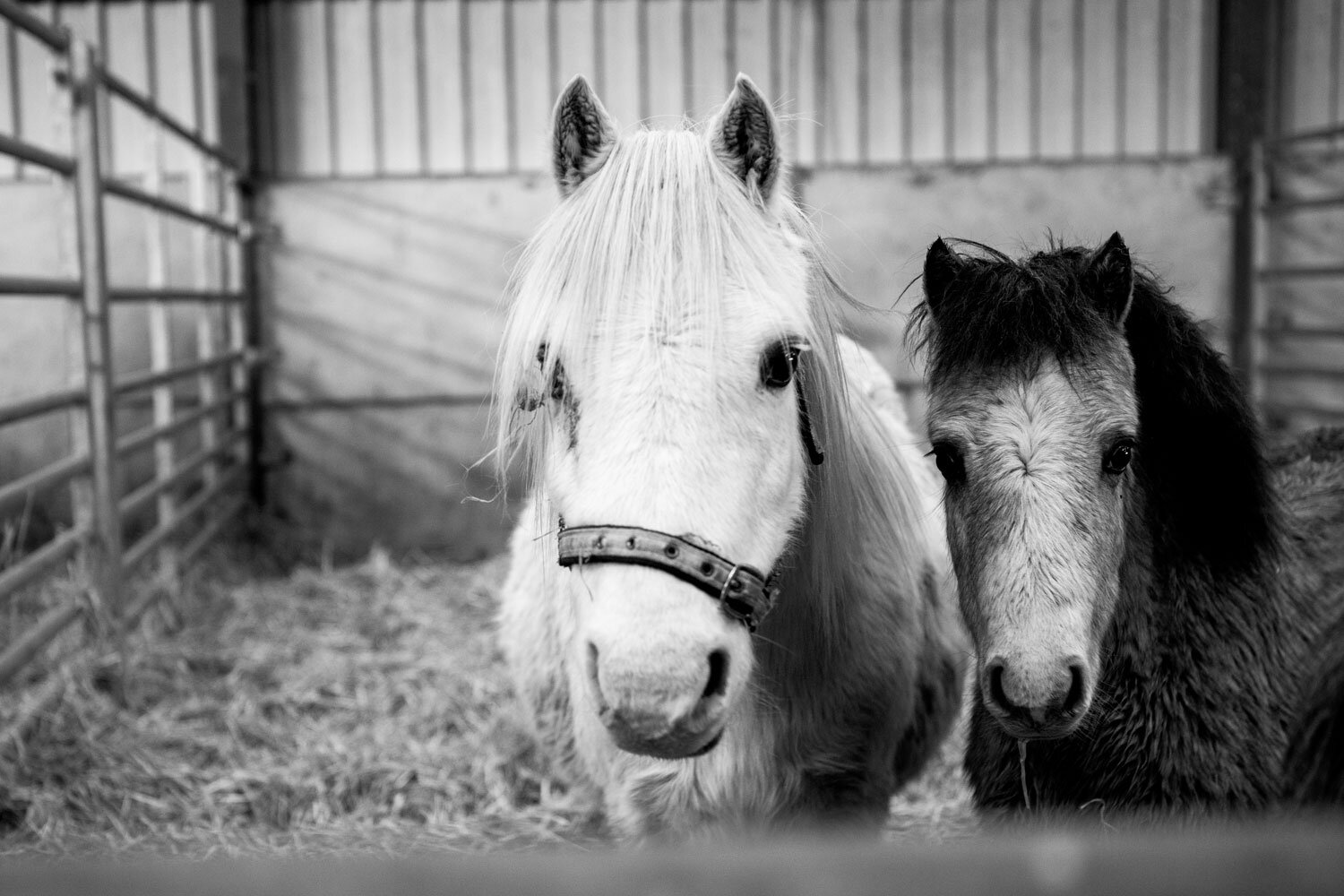The last in this year's welfare webinar series will explore how learning theory can be applied to riding horses.
Posted on 19/03/2025

Equestrianism is under ever-increasing public scrutiny and all horse owners, trainers and riders should be looking to ensure they are training horses ethically, putting the horse’s welfare at the centre of what they are asking them to do. This can be achieved by using evidence-based principles and training practices that align with what is known about how horses learn – known within animal training circles as learning theory.
In the final Welfare Wednesday Webinar of our winter series, our charity will be exploring how learning theory can be applied to riding horses with experienced equine behaviourist and trainer, Trudi Dempsey.
Trudi will explain some of the key terms relating to how horses learn, including how we can effectively use negative reinforcement (release of pressure) during ridden training but also how we can incorporate positive reinforcement (providing a food reward) into our ridden training and the benefits of doing so. Trudi will be accompanied by fellow equine behaviourist Justine Harrison to answer the audience’s questions in a live Q&A.
Those interested in joining the live event on Wednesday 26 March at 7pm can register for free.
We have an extensive Welfare Wednesday Webinar library which covers over 65 horse health, welfare and behaviour topics. They can be accessed for free and on demand via our website and Education YouTube channel.
Topics
Related News


Recognising Trauma in Horses: A Neuroscience Perspective
Webinar: On Wednesday 13 March at 7pm we will be discussing all things trauma related.
Recommended Blog Posts

Why do horses come into our care? Is that the only successful outcome of a case?
Chief Field Officer Claire Gordon explains how horses and ponies can come into our care for all kinds of reasons and from all kinds of situations.

Post Olympic reflections on equestrian sport
We all have the power and the responsibility to move towards more ethical and evidence-based equestrianism.

Plan for an emergency when you’re not around – help us to help your horse
Deputy Chief Field Officer Jon Phipps has top tips for owners on making plans just in case your horse injures themselves when you’re not there.
Enjoy reading stories like this?
Join over 55,000 other horse lovers and sign up for our email newsletter

Join over 55,000 other horse lovers and sign up for our email newsletter
Sign me up now